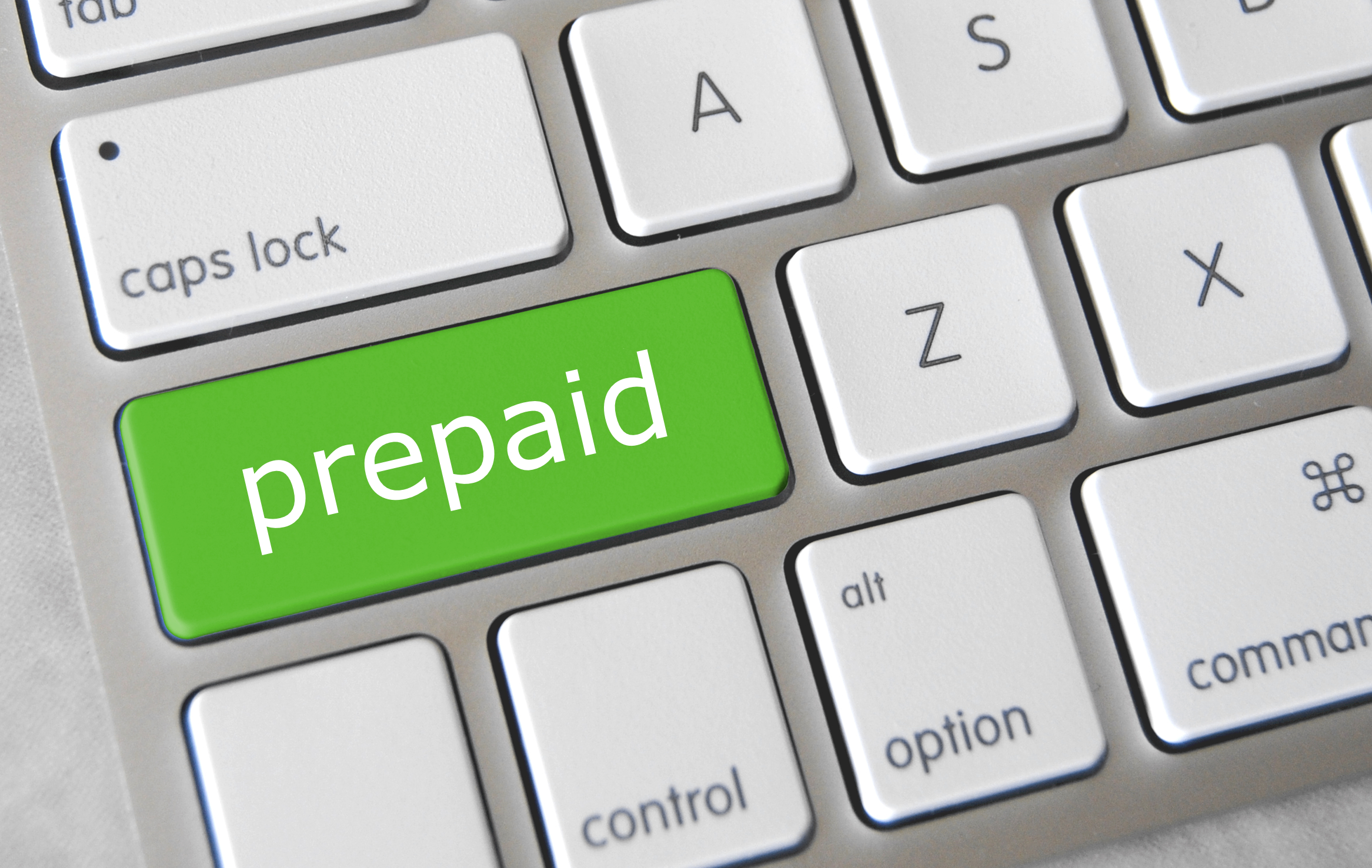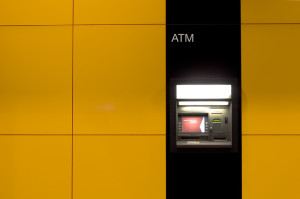
December 19th, 2016 by Elma Jane
Surcharges and Convenience Fees:
A surcharge is a fee that is added to a card transaction, either as a set amount or a percentage of a transaction. Typically, used to cover the cost of the merchant service charge.
There are rules, exceptions and state laws to observe to ensure you are compliant.
At present there are surcharge bans in the following states:
California, Colorado, Connecticut, Florida, Kansas, Maine, Massachusetts, New York, Oklahoma and Texas. (Appeals are pending for California and Florida)
Surcharge Rules:
- Applicable only to credit card transactions, not debit or prepaid card transactions.
- The surcharge cannot be greater than the merchant’s average discount rate for that brand’s credit card transactions.
- Maximum surcharge allowed is 4%.
- Cardholder must be notified of the surcharge.
- Surcharge must be listed on the receipt as a line item and the primary payment amount must be processed together as one transaction.
A convenience fee is a fee charged for the “convenience” of being able to pay using an alternative payment channel outside the merchant’s customary payment channel.
Any merchant can charge a convenience fee IF the fee charged is for the legitimate convenience of being able to pay using a different payment channel than the merchant’s usual payment channel.
Example: Your business customary payment channel is face-to-face or card present and you provide an alternative payment channel, such as the option to pay by phone using a credit card, that could then charge a convenience fee along with the payment.
Mail Order/Telephone Order (MOTO) merchants and ecommerce merchants, whose customary payment channel is exclusively non face-to-face or card-not-present, are NOT permitted to charge convenience fees.
Convenience Fee Rules:
- Customer must be notified of the convenience fee prior to finalizing payment and given the opportunity to cancel.
- Payment must take place through an alternative payment channel.
- The fee can only be added to a non face-to-face transaction. Must be flat or fixed, regardless of the value of the payment due.
- The fee must be applied to all means of payment accepted through the alternative payment channel. Must be included in the total transaction amount.
Posted in Best Practices for Merchants, e-commerce & m-commerce, Mail Order Telephone Order Tagged with: card-not-present, Convenience Fees, credit card, debit, ecommerce, merchant, moto, payment, prepaid card, Surcharges, transaction

December 9th, 2015 by Elma Jane
The RushCard catastrophe affected more than 132,000 consumers, without access to their prepaid card accounts to get their paychecks, buy groceries, pay bills or pay rent for days.
The total number of customers, and a tally of how many people were affected, haven’t previously been disclosed because it is a privately held company.
Senator Brown urged UniRush on Monday to cooperate with an investigation from the Consumer Financial Protection Bureau, which has requested documents and other information to determine what caused the outage and what the company was doing to compensate consumers.
The card company petitioned to push back the deadline for compiling the information to Jan. 15, from Nov. 10, calling the request broad and overly burdensome, but the bureau denied the request last week.
The prepaid card company announced in October that it would create a multimillion-dollar fund to compensate customers who faced financial issues after being locked out of their accounts.
RushCard spokesman said Monday that the company has started to compensate customers, even hand delivering cash in some cases, but he wouldn’t specify how many people had received payments.
RushCard is a Prepaid Card Company co-founded by Russell Simons.
Posted in Best Practices for Merchants Tagged with: card, card company, payments, prepaid card
May 19th, 2014 by Elma Jane
T-Mobile customers who use their carrier’s Mobile Money app and prepaid card will now have surcharge-free access to more than 43,000 Allpoint-branded ATMs across the United States, through an agreement with the Allpoint Network. The Mobile Money program unites a money management app, a T-Mobile Visa prepaid card and the Allpoint surcharge-free ATM network on a single mobile device to provide customers many of the features of a checking account. With Mobile Money, registered T-Mobile wireless customers pay nothing when they use their T-Mobile Visa Prepaid Card to withdraw cash at an in-network Allpoint ATM.
When T-Mobile began developing the Mobile Money program, a key goal was to use the smartphone to help consumers both manage their money and keep more of it in their pocket. The Allpoint Network helps accomplish that mission with 43,000 surcharge-free ATMs found in many of America’s most popular retailers, made even more convenient by a free, easy-to-use Allpoint ATM locator within the Mobile Money app.
Easy access to cash, preferably without the surcharge imposed by the ATM owner, is at the heart of the most successful general-purpose prepaid card programs. Having access to Allpoint, the T-Mobile Visa Prepaid Card is a core component of Mobile Money by T-Mobile. Eligible cardholders looking for the nearest surcharge-free Allpoint ATM can use the Allpoint Network ATM locator, available online and as a free app for their smartphones.
Posted in Financial Services, Mobile Payments, Smartphone Tagged with: Allpoint ATM, Allpoint Network, Allpoint surcharge-free ATM network, Allpoint-branded ATMs, ATM locator, cardholders, checking account, free app, mobile device, mobile money, Mobile Money app, Mobile Money program, money management app, prepaid card, smartphone, surcharge-free, T-Mobile, T-Mobile Visa prepaid card, T-Mobile wireless


